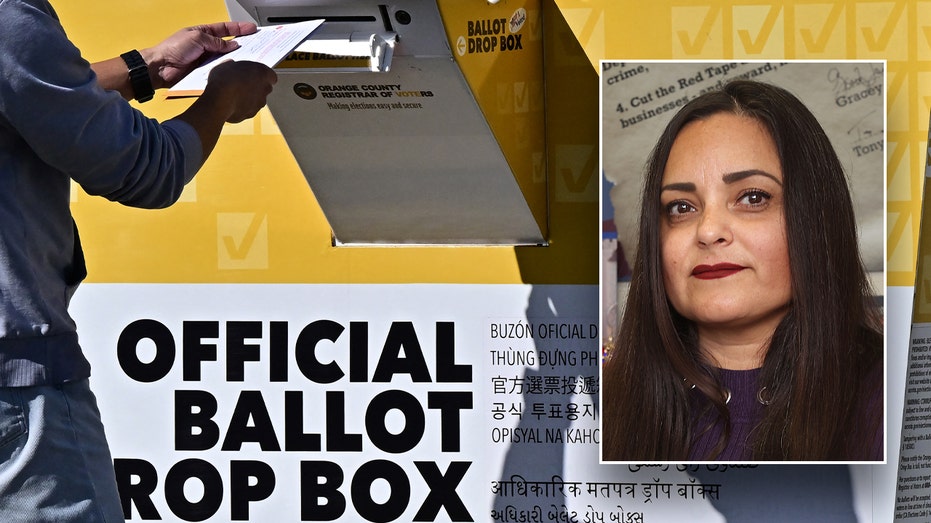North Carolina Republicans override veto, stripping governor's powers
A bill that strips power from North Carolina's Democratic governor became law on Wednesday after state Republicans voted to override Gov. Roy Cooper’s (D) veto in a 72-46 supermajority vote in the House along party lines. The Senate had already voted to override the governor’s veto on Dec. 2, so with the House vote on...

A bill that strips power from North Carolina's Democratic governor became law on Wednesday after state Republicans voted to override Gov. Roy Cooper’s (D) veto in a 72-46 supermajority vote in the House along party lines.
The Senate had already voted to override the governor’s veto on Dec. 2, so with the House vote on Wednesday, the bill becomes law.
Republicans are set to lose their veto-proof supermajority in 2025, as a result of the 2024 elections, and the vote represents the culmination of their effort to preserve power before the end of the year.
The passed legislation’s flagship item provides a third round of relief for parts of western North Carolina ravaged by Hurricane Helene in late September, but it also takes significant steps to limit the authority of offices set to be controlled by Democrats in the new year.
The bill allocates $227 million from the state’s savings reserve to the hurricane relief fund — considerably less than the first two rounds provided — and it also addresses several other aspects of the law unrelated to storm relief. The storm caused record damage in the state, estimated at more than $50 billion, and killed more than 100 people.
Some critics have said, however, that the aid is a smoke screen and that the bill’s real purpose is to erode the top state executive’s powers.
The most prominent change will strip additional power from the governor’s office and from the office of the attorney general, both of which are set to be controlled by Democrats in 2025. The Legislature already limited the governor’s power earlier this year to make appointments.
The bill gives the governor’s power to appoint members of the state elections board to the state auditor. Josh Stein, a Democrat, is the next governor, and Dave Boliek, a Republican, is the next state auditor.
It also limits the attorney general’s authority, particularly when handling out-of-state lawsuits. The bill prevents the office from representing a position contrary to any statute passed by the state Legislature. The attorney general will be Democrat Jeff Jackson, and the legislature will be controlled by Republicans.
The bill also reduces the amount of time allotted for counting absentee ballots, eliminates a requirement that absentee ballots be received before an election is counted on Election Day and abolishes the state superintendent’s ability to appeal decisions from the Charter Schools Review Board, among other initiatives.
The News & Observer, a North Carolina news outlet, reported that the bill was written in secret and fast-tracked, without any committee hearings. The outlet reported that the House started debate on the bill less than an hour after it was made public.
The public gallery was filled with observers more than an hour before the session was set to begin, The News & Observer reported, noting that some people held signs, including one that read “Stop the power grab” and another that read “Western NC deserves real relief.”



